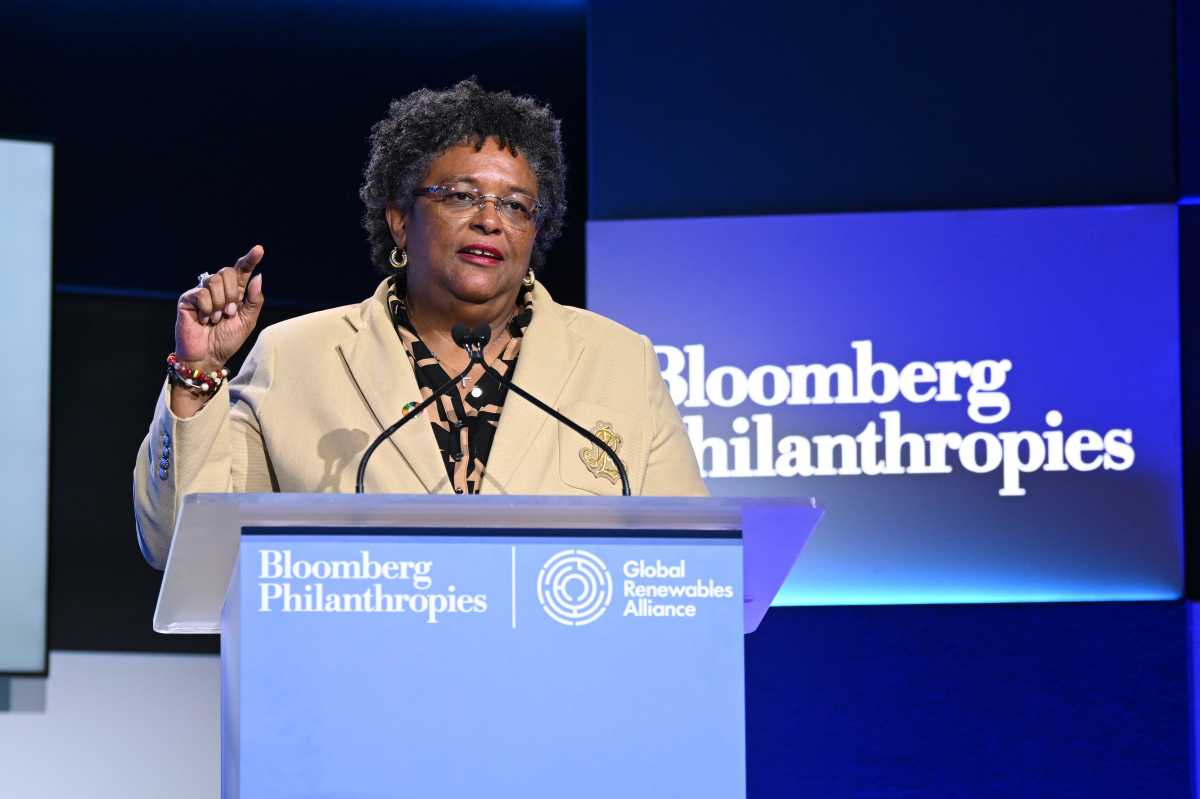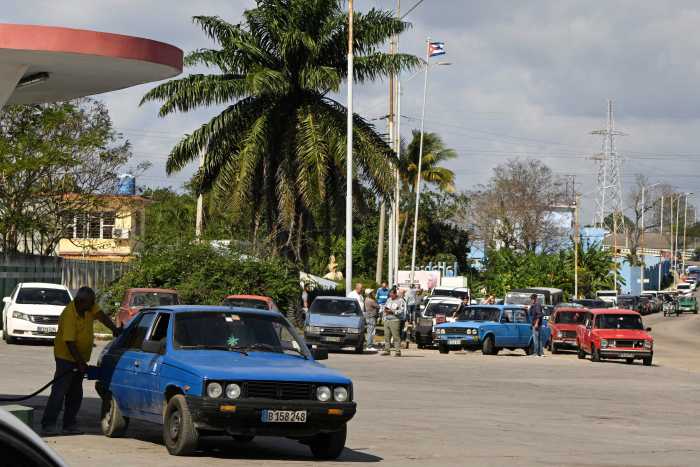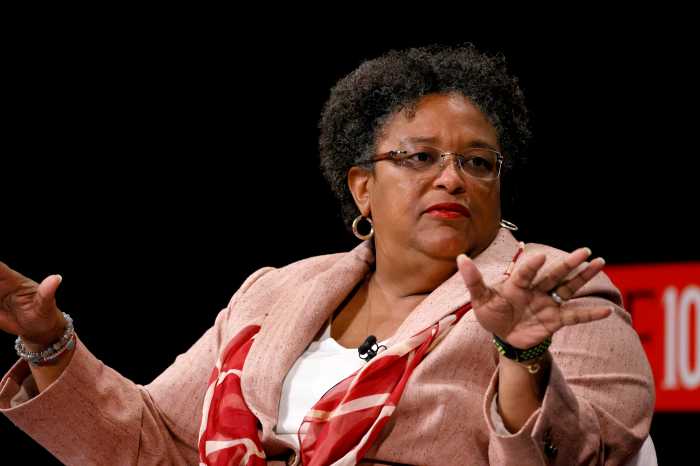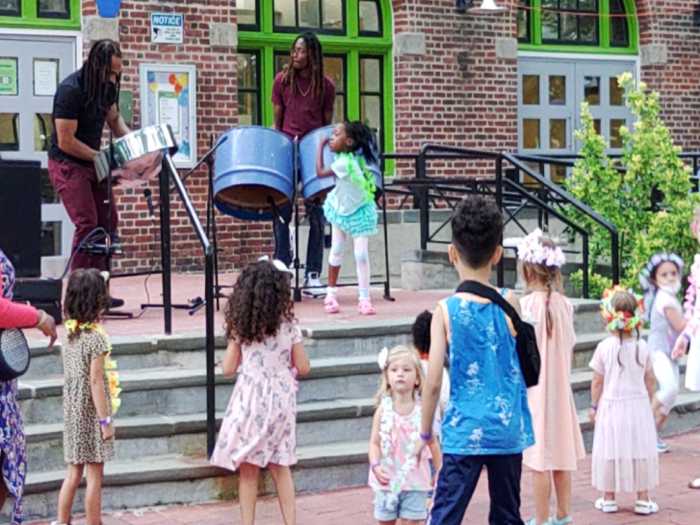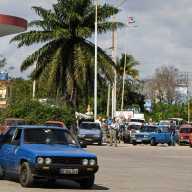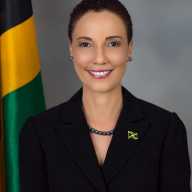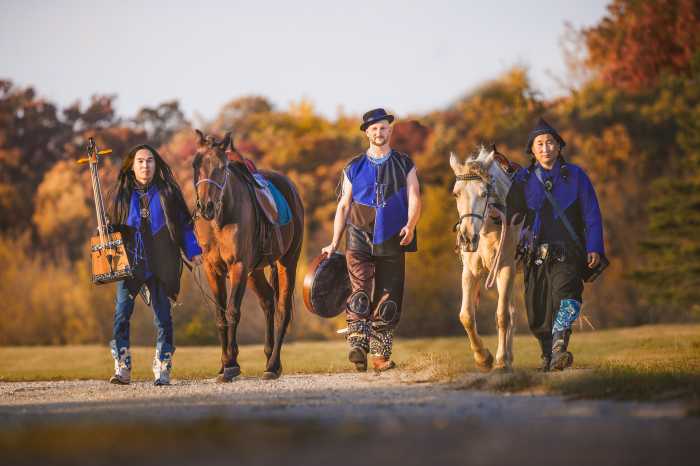As four Caribbean Community nations get ready to allow nationals from the bloc to live and work freely in their societies, officials are warning criminal elements not to believe they can take advantage of the new arrangements.
From the beginning of October, Barbados, Belize, St. Vincent, and Dominica began fully implementing the free movement aspect of the regional single trading market and economy system as part of plans to further regional integration.
The new arrangements will allow nationals from most 15-member nations to enter, leave, and re-enter, move freely, reside, work, and remain indefinitely in the participating nations without needing work permits or residency documentation. This move by the four adds to the previous system, which had been in place, allowing regional nationals to spend up to six months in most destinations without needing permits and other documentation.
However, as immigration, customs, and other central authority agencies prepare for the changes, leaders, including Prime Minister Mia Mottley of Barbados, warn that law enforcement officials will not be too kind to criminals fleeing one jurisdiction to hide in another.
“We welcome our Caribbean family. We do not welcome criminality. We welcome contributions. We do not welcome abuse of our systems,” he told the nation in a national radio and television address in the past week. “Those who work will pay income tax. I spoke about them registering with the Barbados Revenue Authority. Those who are employed will contribute to the national insurance scheme and the resilience and regeneration fund,” she said.
Urging her fellow citizens to deal with the new arrangements, the PM spoke of the current national labor shortage and the fact that Bajans are living longer, hence the need to open society to people with skills, investment income, and professional talents.
“And at the risk of sounding like a stuck record, I’ll say it again. Barbados, my friends, is ageing. The number of people in their working years is declining. The number of seniors is rising. The number of persons being born has declined. It is expected that one in every two Bajans will be over the age of 65 years old in less than 25 years. I ask you to think about what you were doing in the year 2000 when the century changed, so you can understand how close a horizon this is for us because this is our reality,” Mottley said. “This is not a one-way arrangement. This is a regional road, and it runs both ways. We are proud to be one of the four pioneering countries in this journey, and know that future generations will be inspired by our tenacity and our commitment to progress. This was my friends, the vision of the founders of CARICOM.”

Meanwhile, PM Roosevelt Skerrit of Dominica, the second-longest serving head of government after Ralph Gonsalves of St. Vincent, urged his fellow citizens not to fear being swamped by incoming migrants on a large scale.
“There is no evidence to show that there is a dramatic move from one island to the next. Free movement allows us to fill gaps in critical areas, while giving our own citizens greater access to opportunities across the region. It is a win-win for all. Embrace this change with an open mind as it will bring huge opportunities for your families,” he said.
Others, like Guyana, Jamaica, and Suriname, have traditionally not made a fuss about foreigners living and working in their nations. These are among the larger and most resource-rich members with the ability to absorb non-nationals.


